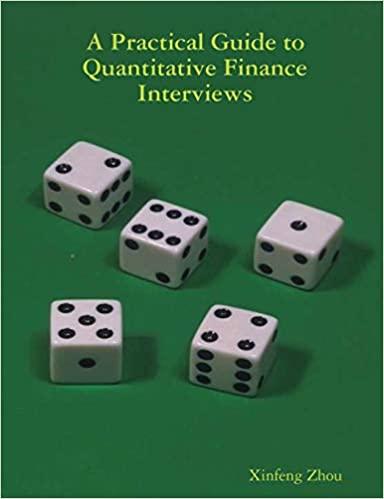Answered step by step
Verified Expert Solution
Question
1 Approved Answer
Consider two hypothetical economies that are perfectly similar except for their marginal propensity to consume (MPC). Each economy is currently in equilibrium with real income


 Consider two hypothetical economies that are perfectly similar except for their marginal propensity to consume (MPC). Each economy is currently in equilibrium with real income and planned expenditure equal to $100 billion, as given by the black points (plus signs) on the following two graphs. Assume that both economies are closed to trade, and that neither economy has taxes that change with income. The graphs also plot the 45 -degree line. The first economy has an MPC equal to 0.5 . Therefore, its initial planned expenditure line has a slope of 0.5 and passes through the point (100, 100 ). The second economy has an MPC equal to 0.70 . Therefore, its initial planned expenditure line has a slope of 0.70 and passes through the point (100, 100). Now, suppose there is a decrease of $30 billion in planned investment in each economy. Place a green line (triangle symbol) on each of the preceding graphs to indicate the new planned expenditure line for each economy. Then place a black point (plus symbol) on each graph showing the new level of equilibrium income. (Hint: You can see the slope and vertical axis intercept of a line on the graph by selecting it.) MPC=0.5 ? MPC=0.70 In the first economy (with MPC =0.5 ), the $30 billion decrease in planned investment causes equilibrium income to decrease by billion. In the second economy (with MPC =0.70 ), the $30 billion decrease in planned investment causes equilibrium income to decrease by billion. Therefore, a lower MPC is associated with a multiplier. Now, confirm your graphical analysis algebraically using the formula for the multiplier: Multiplier=1MPC1 For the first economy with an MPC of 0.5 , the effect of the $30 billion decrease in planned investment becomes the following: Using the same method, the multiplier for the second economy is
Consider two hypothetical economies that are perfectly similar except for their marginal propensity to consume (MPC). Each economy is currently in equilibrium with real income and planned expenditure equal to $100 billion, as given by the black points (plus signs) on the following two graphs. Assume that both economies are closed to trade, and that neither economy has taxes that change with income. The graphs also plot the 45 -degree line. The first economy has an MPC equal to 0.5 . Therefore, its initial planned expenditure line has a slope of 0.5 and passes through the point (100, 100 ). The second economy has an MPC equal to 0.70 . Therefore, its initial planned expenditure line has a slope of 0.70 and passes through the point (100, 100). Now, suppose there is a decrease of $30 billion in planned investment in each economy. Place a green line (triangle symbol) on each of the preceding graphs to indicate the new planned expenditure line for each economy. Then place a black point (plus symbol) on each graph showing the new level of equilibrium income. (Hint: You can see the slope and vertical axis intercept of a line on the graph by selecting it.) MPC=0.5 ? MPC=0.70 In the first economy (with MPC =0.5 ), the $30 billion decrease in planned investment causes equilibrium income to decrease by billion. In the second economy (with MPC =0.70 ), the $30 billion decrease in planned investment causes equilibrium income to decrease by billion. Therefore, a lower MPC is associated with a multiplier. Now, confirm your graphical analysis algebraically using the formula for the multiplier: Multiplier=1MPC1 For the first economy with an MPC of 0.5 , the effect of the $30 billion decrease in planned investment becomes the following: Using the same method, the multiplier for the second economy is Step by Step Solution
There are 3 Steps involved in it
Step: 1

Get Instant Access to Expert-Tailored Solutions
See step-by-step solutions with expert insights and AI powered tools for academic success
Step: 2

Step: 3

Ace Your Homework with AI
Get the answers you need in no time with our AI-driven, step-by-step assistance
Get Started


